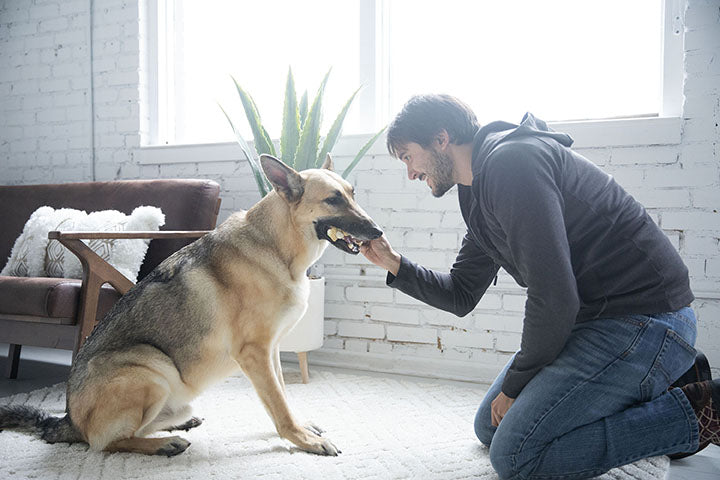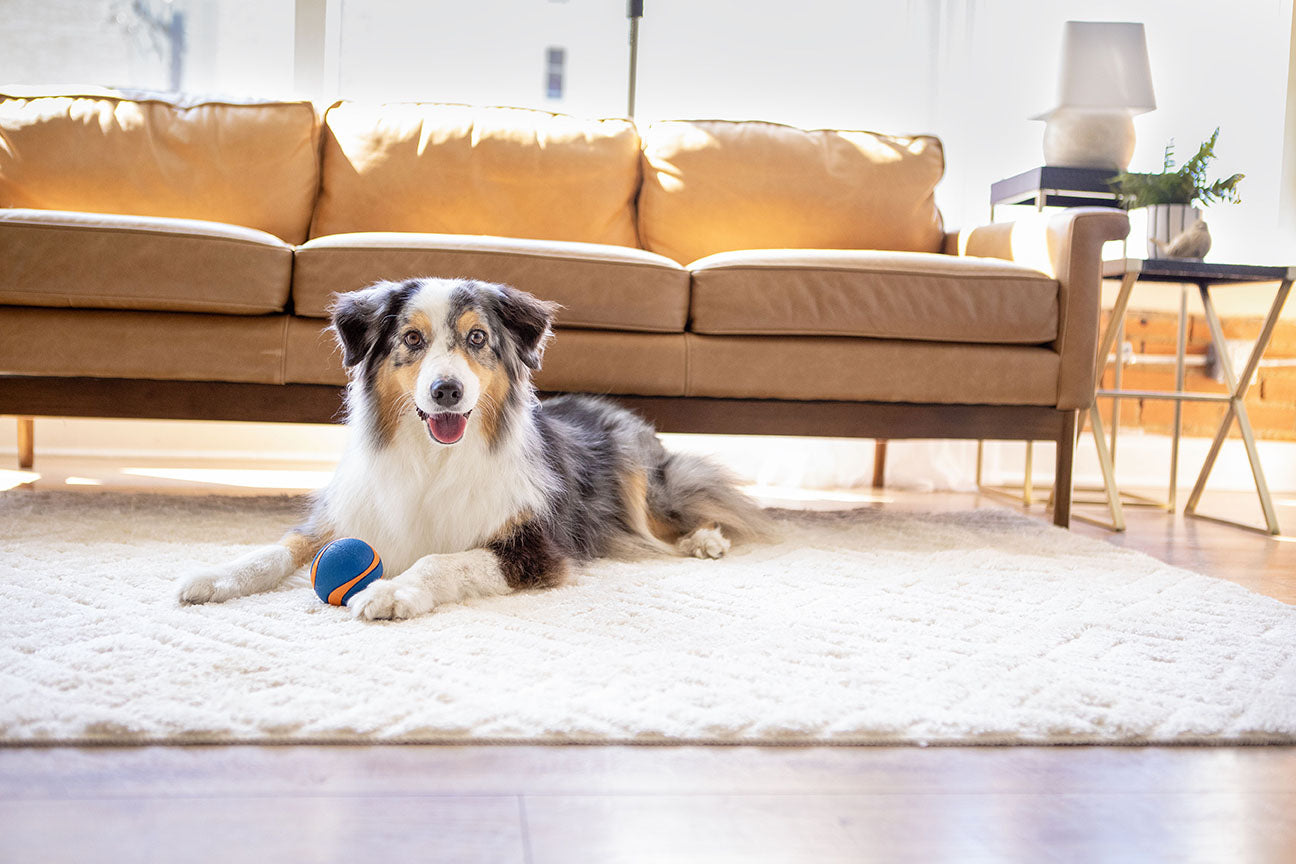How Much Does it Really Cost to Own a Dog?

Dogs are our best companions but caring for them isn’t cheap. We want to give our dogs a happy and fulfilled life, so we spend money on new toys, healthy foods, and veterinary visits. Have you ever wondered how much the average pet parent really spends each year on their dog? Well, here’s your answer.
Let’s start from the beginning. Adopting a puppy can cost up to $300+ and purchasing a puppy can cost anywhere from a few hundred dollars to $1,500 or more, depending on the breed. Once you have added a new furry family member to your home, the next step is to purchase necessities such as food, toys, beds, leashes, and collars. You must also include grooming, veterinary care, training classes, and pet-sitters. The total cost of these items can range from $1,400 to $4,300.
When your puppy is old enough, you need to start thinking about neutering and spaying expenses. Neutering and spaying can cost around $160 or even more if your dog is unhealthy or obese. However, don’t worry about these initial, one-time expenses; the overall cost of your puppy in the first year is double the price of what you will pay for him every year after.

So, what does a dog owner spend on their furry friend annually? According to the American Kennel Club, pet parents can spend an average of $2,489 a year on their dogs after the first year of ownership. Interestingly, this number has only increased over time and will continue to do so in the future. However, it is important to note that the average annual price of your sweet pup will vary depending on his breed and size. Small dogs with healthy backgrounds are less expensive to care for than large dogs, or dogs that are susceptible to more health issues. Yes, these numbers are intimidating at first glance, but don’t let them scare you; the benefits that dogs bring into our lives are priceless.
To prepare for the cost of your furry friend, you should make a budget plan that will show you where you need to save money and where you have room to spend money. Purchasing multiple items in a set is a lot cheaper than buying them separately. In your budget plan, you must also include any unexpected costs such as emergency veterinary visits or surgeries.
If you are considering getting a dog, it is important that you prebudget your costs accordingly so that you can give your new furry friend a great life. Although dogs can be pricey, their overwhelming love and companionship are well worth the cost.
Sources:
Previous article

Next article

Related posts
View all-

National Dog Week: 7 Fun Ways to Celebrate with Your Pup
The last full week of September marks National Dog Week: a tradition going strong since 1928. Founded by Captain William Lewis Judy, this celebration was created to promote responsible dog ownership, reduce the number of stray dogs, and honor the incredible role dogs play in our lives.
Read Article -

How to Prep Your Pet for Fall: Grooming and Wellness Tips
As the days grow shorter and the crisp air settles in, our routines naturally shift; long walks become brisk outings, and cozy nights become the norm. Like us, pets feel these changes. Helping them ease into the new season ensures they stay happy, comfortable, and healthy.
Read Article -

Vet-Approved Benefits of Fetch: How Play Supports Your Dog’s Health & Happiness
Whether it’s a spontaneous backyard sprint or a structured game of fetch, movement is one of the most powerful ways to nurture the bond between pets and their people.
Read Article



